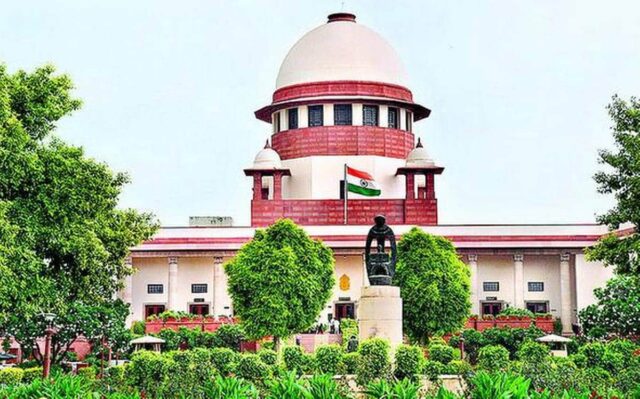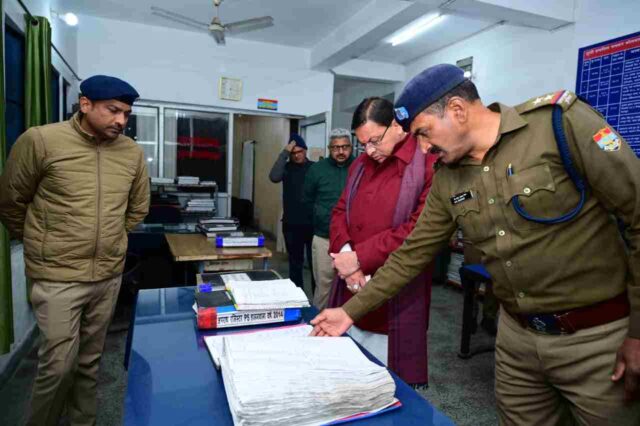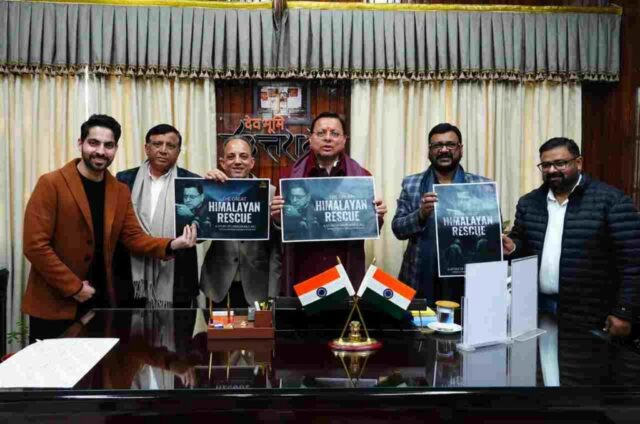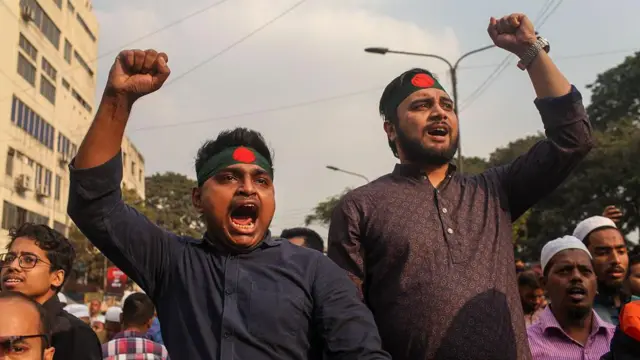Seema Haider, who fled from Pakistan across the border, will get Indian citizenship! Know what the law says?
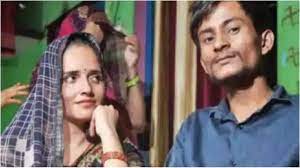
Pakistani woman Seema Haider and her Uttar Pradesh resident Sachin have got bail from the court. Seema claims that she got married according to Hindu rituals in a temple in Nepal. He has also changed the religion of his children and himself. She does not want to go back to Pakistan. Wants to stay in India with Sachin. For this, he has requested the government for citizenship of India.
But now the question arises whether Pakistani woman should get Indian citizenship? According to experts, before giving citizenship to Pakistani woman Seema, it will be seen whether her marriage is valid? If the marriage is valid and she seeks citizenship of India, the government can grant citizenship on the grounds of humanity or mercy.
In the past too, there have been many such cases in which the victims had demanded citizenship from the government citing threat to their lives from going back to their country. However, the final decision on this has to be taken by the government.
If the woman is married to Sachin, an Indian citizen and she is legal then the government will have no problem in giving her citizenship. However, the police have registered a case against the woman for coming to India illegally, her investigation will continue separately. But if the woman demands for citizenship here, then it can be given to her.
They will have to make an adoption deal for the children, under which the children will be allowed to live with them and they can also get citizenship.
Let us know who is a citizen of India according to the law and on what basis is citizenship here?
Let me tell you, citizenship of India is available in four ways.
Citizenship by birth
- Citizenship of India by birth is given to only those people who were born in India between 26 January 1950 and 1 July 1987, regardless of where their parents live.
- Children born between 1 July 1987 to 2 December 2004 whose mother or father is a citizen of India at the time of birth.
- Children born after December 3, 2004, whose mother or father is an Indian citizen at the time of birth and neither of them is an illegal infiltrator.
Citizenship by registration
- Citizenship of India through registration is available to that person who has been living in India for 7 years prior to applying.
- Any person of Indian origin who is living in a country other than undivided India.
- A person who is married to an Indian citizen, provided he has been living in India for 7 years prior to the date of application.
- Children of Indian citizens below 18 years of age
Being a descendant
- Being a descendant means that a person whose mother or father is an Indian citizen by birth, but he himself was born in another country, can acquire Indian citizenship.
- Naturalization or naturalization
- According to naturalization, any person can get citizenship if he has lived in India for 12 years and has lived in India continuously for one year before applying for citizenship.
Revocation of citizenship?
- Section-9 of the Citizenship Act, 1955 also mentions the termination of citizenship of a person. There are three ways through which Indian citizenship of a person can be terminated.
- If an Indian citizen voluntarily takes the citizenship of another country, then his Indian citizenship will automatically end.
- If an Indian citizen voluntarily renounces his citizenship, then his Indian citizenship will end.
The Government of India also has the right to terminate the citizenship of its citizens on the basis of the following conditions….
- The citizen must have been living outside India continuously for 7 years.
- If it is proved that the person obtained Indian citizenship illegally.
- If a person is involved in anti-national activities.
- If the person disrespects the Indian Constitution.


